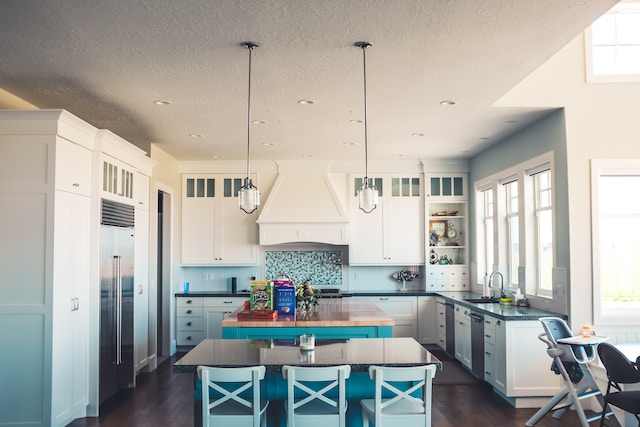Buying a home is one of the biggest financial decisions you can make. From inspecting various properties to crunching the numbers, there are many factors that go into making sure your decision is smart and sustainable.
With countless web pages full of helpful advice as well as a myriad of conflicting opinions from family, friends, and real estate agents, it can be overwhelming trying to figure out where to start — but don’t worry! We’re here to guide you through every step of the process so that you make an informed and successful purchase.
Do your research
It’s never too early to start researching the local real estate market. Whether you’re a first-time homebuyer or a seasoned investor, understanding the areas that are experiencing growth can save you time and money in the long run. With a little bit of research, you can identify up-and-coming neighborhoods and get ahead of the curve.
When you learn about the local market, you’ll have a better idea of what to expect when buying a property. Don’t be afraid to dig into the data and explore different neighborhoods. Who knows — you may just discover the perfect place to call home.
Get pre-approved for a loan
If you’re on the hunt for your dream home, it’s important to have a clear understanding of your budget before starting your search. For this reason, you want to go through the pre-approval process, so you will be sure to stay within your means. Even though home loans can be tricky to navigate, you can work with a reputable lender who can guide you through the process and help you find the best loan for your needs. With a pre-approval in hand, you’ll be ready to make an offer on your dream home with confidence.
Take a look at the neighborhood
When you find a property that interests you, take some time to explore the surrounding neighborhood. Look for signs of economic growth, such as new businesses or upcoming developments. These indicators can be an early sign of potential value appreciation in the area.
It’s also important to consider other factors such as safety, school districts, and amenities like grocery stores and parks. Take note of any potential red flags, be it high crime rates or a lack of community resources.
Find a real estate agent you can trust
A reliable and knowledgeable real estate agent can be a valuable asset in your decision-making process. informed decisions. They have access to market data, and experience in negotiating deals, and provide valuable insights into neighborhoods and properties that may not be readily available to the general public.
When choosing an agent, make sure they are experienced in the local market and have a proven track record of successful sales. Don’t be afraid to interview multiple agents before making your final choice.
Consider all costs
Buying a home is not just about the upfront cost you see on the listing. There are many other costs to consider, including:
- Closing costs
- Property taxes
- Insurance premiums
- Maintenance and repair costs
Take the time to budget for these expenses so you have a clear understanding of what your actual costs will be. This will help you make a more informed decision and avoid any surprises down the road.

Explore various types of homes
Our homes are a reflection of who we are and what matters most to us. When it comes to choosing a type of housing, the options are plentiful.
Single-family homes
Single-family homes are stand-alone houses that offer a greater degree of privacy and space. Ideal for families or those who crave solitude, these homes often come with private yards and are located in residential neighborhoods. This type of housing allows for customization and the potential for expansion, given you own the land it sits on. However, they often require more maintenance and may have higher property taxes compared to other types of housing.
Condos
Condos provide a more affordable option for those looking to buy in urban areas. Typically located in high-rise buildings, they offer shared amenities like gyms and pools, making them ideal for those seeking an active lifestyle. On the downside, you will have less control over the property as the homeowner’s association is responsible for maintenance and repairs.
Townhouses
Townhouses offer a balance between single-family homes and condos. They are typically multi-level homes with shared walls and often come with access to communal amenities. This type of housing is ideal for those looking for more space than a condo but less maintenance than a single-family home.
Making an informed decision when buying a home requires thorough research, financial planning, and a clear understanding of your lifestyle needs. From understanding the local real estate market to considering all the costs associated with home ownership, each step of the process is crucial to the success of your purchase. Whether you are drawn to the privacy of a single-family home, the communal lifestyle of a condo, or the balance offered by townhouses, remember that your home is an extension of your values and aspirations.

